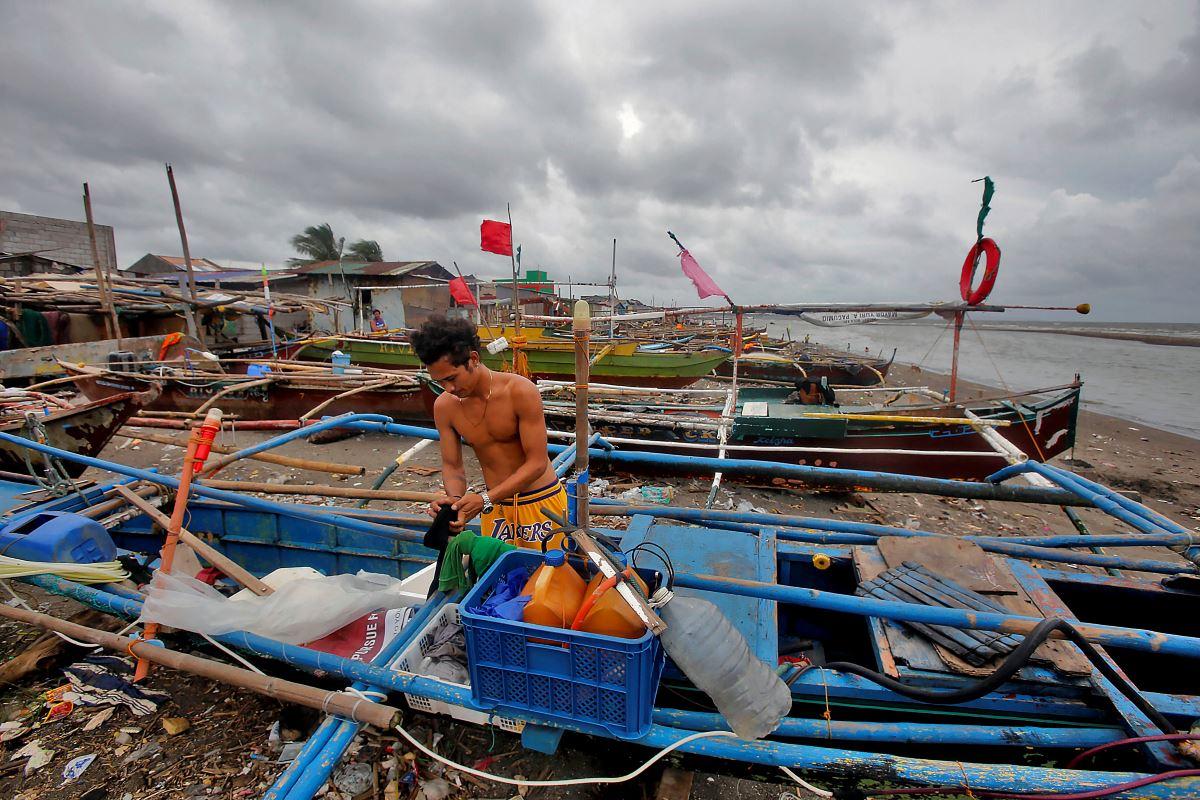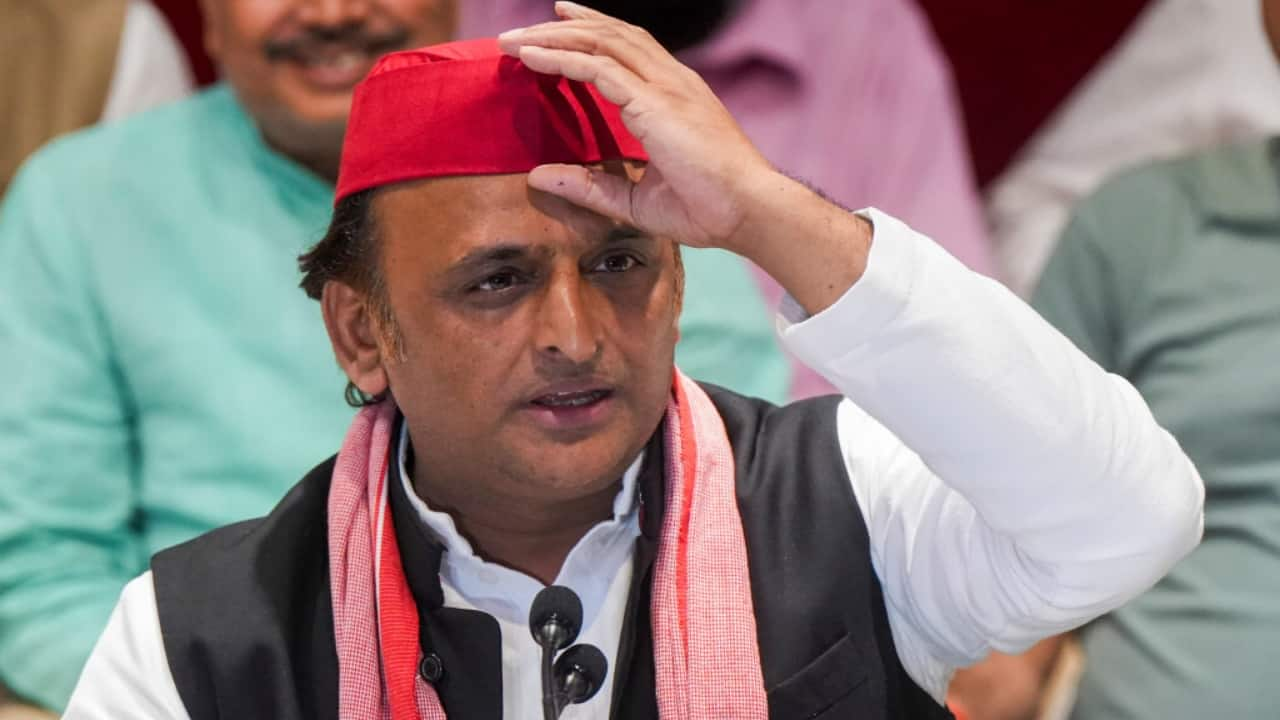Various stakeholders held a multi-sectoral dialogue with the aim to integrate inputs for the country’s transition towards an “inclusive blue economy.” Led by the FVR Legacy Initiative and the Philippine Rural Reconstruction Movement, the round table discussion on the blue economy dubbed as “Philippine Blue Economy: Moving Forward” has brought key players, stakeholders and resource persons from various sectors to tackle the myriad issues that surround the country’s blue economy. The topics include providing support for the objectives of the Blue Economy Act including sustainable development of our country’s seas.
The workshops tackled the blue economy’s burning issues concerning fisheries, aquaculture and marine-based products, energy, maritime transport as well as coastal and marine tourism. Economist and former director general of the National Economic and Development Authority Dr. Cielito Habito stressed that fisherfolks are the poorest among the poor in the country.

“This is due to a host of factors including declining fish catch, shrinking fishing grounds, depleting fish stocks,” Habito said in a press release issued Saturday. “And there's a new complication, the recent Supreme Court decision that opens municipal waters to commercial fishers which has been rather controversial,” he added. The blue economy looks into fisheries, aquaculture and other marine-based products, including how it can help address food security in the country.
Bangsamoro director general for Fisheries Services, Ministry of Agriculture, Fisheries and Agrarian Reform Pen Patarasa said there are adverse effects of overlapping municipal water boundaries. Patarosa also called for stricter regulations on fishing gear and practices, including banning superlights and regulating large commercial vessels. Meanwhile, Roberto de Ocampo, former Finance chief and co-chairperson of the FVR Legacy Initiative, said that under a blue economy, sustainable fishing practices will be done, which will reduce overfishing and illegal fishing.
De Ocampo noted that effectively managing marine resources would boost fish stocks, which will later provide steady food and income for all Filipinos. “Sustainable aquaculture or fish farming can also help give fisherfolks alternative sources of income while reducing pressure on wild fish populations,” de Ocampo said. Habito also explained that fisherfolks should be given wider economic options and opportunities such as fostering aquaculture and mariculture, especially via fisheries cooperatives as this will be an alternative on their problems beset by capture fisheries.
The stakeholders are pushing for strengthened social protection, expanded insurance access and the creation of direct subsidy mechanisms. “We need to have an effective insurance system for fishers, similar to the Philippine Crop Insurance Corp. that provides insurance for our farmers,” Habito said.
Further, they also called for a status quo in commercial fishing in municipal waters while awaiting final Supreme Court ruling on the matter. They are also lobbying for stronger fisherfolk representation in Congress, as well as the creation of a Department of Fisheries and Aquatic Resources amid “weak governance.” “Despite the presence of existing laws on fisheries and marine protection, implementation gaps—particularly in enforcement, monitoring and stakeholder participation—remain a major concern,” they said.
The other legislation pending in Congress apart from the Blue Economy Act include the Center for West Philippine Studies and the National West Philippine Sea Day. —KG, GMA Integrated News.
Business

Groups call for PH inclusive blue economy

Various stakeholders held a multi-sectoral dialogue with the aim to integrate inputs for the country"s transition towards an “inclusive blue economy.”














